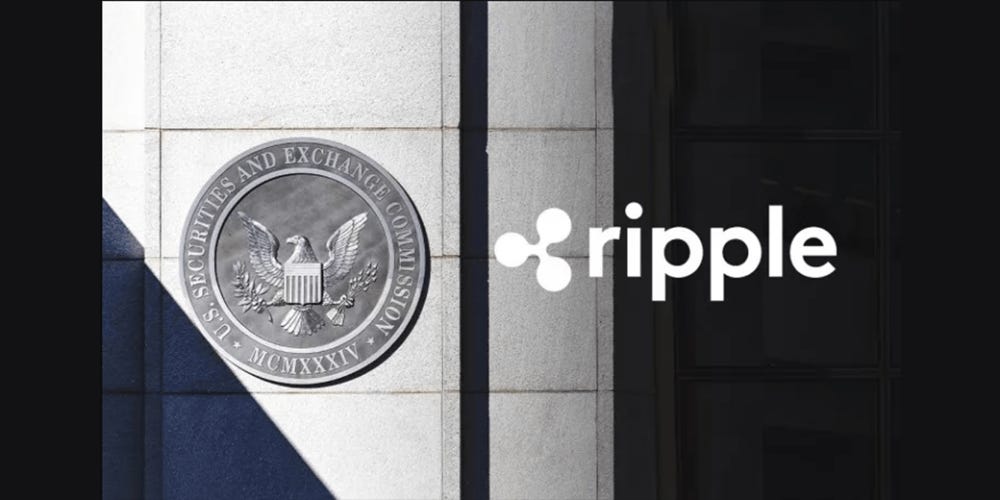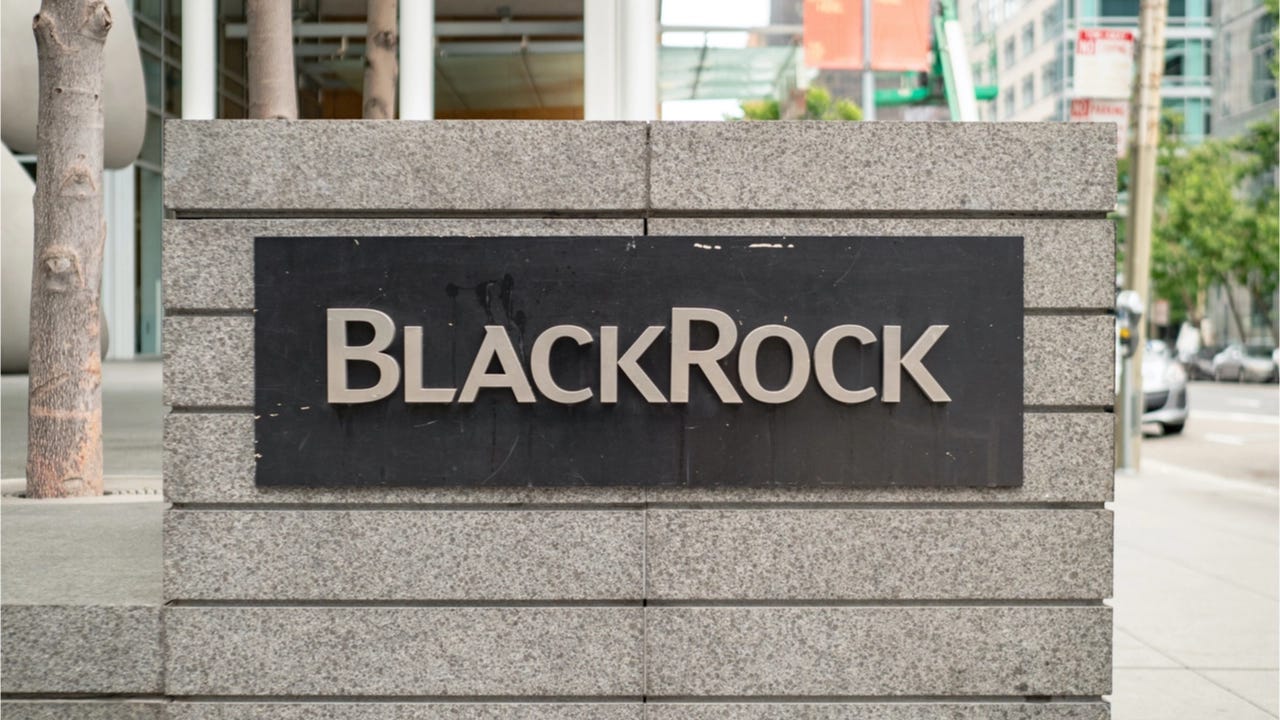Ripple vs. SEC; where are we now?

SEC has never been very fond of cryptocurrency. The case against Ripple and its executives has proven that Crypto is at the top of the SEC's priority list.
Ripple Inc.'s legal battle with the U.S. Securities and Exchange Commission, which began in December 2020, has been a roller coaster ride. Ripple has experienced its fair share of lawsuit-related troubles in recent months, from price drops to delisting from large and small exchanges.
The SEC initiated a major legal action against Ripple, alleging that XRP was a $1.3-billion unregistered securities offering. Judge Netburn ruled in favour of Ripple Labs by permitting the deposition of the former director of the SEC's Division of Corporation Finance, Bill Hinman. The SEC's exec is well-known for claiming in a 2018 speech that Ether, the second-largest cryptocurrency by market capitalization, was not a security.
Despite the exorbitant costs, Ripple has refused to settle. Former SEC Chair Mary Jo White was among the top securities lawyers employed by the company. Ripples have attempted to turn the tables on the SEC by preparing a strong defence in court and openly criticizing the agency's actions.
Ripple claims the SEC is making classifications based on bias rather than well-defined rules. They contend that their operations aren't significantly different from those of other platforms that have been given approval.
If the SEC wins the case, XRP (the Ripple Blockchain's native cryptocurrency) will be classified as a security rather than a currency in the U. S. This could set a legal precedent for other cryptos to be categorized as securities. As a result, the lawsuit against Ripple is critical for all crypto stakeholders, including investors, blockchain developers, and policymakers worldwide.
The lawsuit is nearing a critical stage, nearly a year and a half after it began. From the beginning, the case moved at a glacial pace. Ripple CEO Brad Garlinghouse thought the parties would have their day in court as soon as last fall after the SEC sued Ripple, but now a final verdict is unlikely before 2023.
Ripple has been publicly chastising the SEC, claiming the agency miscalculated in chasing the company. Last week, Stuart Alderoty cited an 11th-hour procedural filing by the SEC as evidence that the agency purposely slowed down the process.
Defence attorney James Filan shared a letter in which all parties agreed to new scheduling dates on Saturday. Both parties agree to wrap up their briefs right before Christmas, effectively stopping any prospects of a summer conclusion. The latest delay comes after Netburn ruled in favour of the SEC, allowing further expert testimony.
However, the stakes have only risen since the SEC filed a lawsuit in 2020. Since then, as the business has grown in political clout and the Biden administration has resorted to Crypto as a vital source of tax income, crypto regulation has risen to the top of the policy agenda in Washington, D.C.
The significance of this, however, is much broader than Ripple. The question that keeps coming up is why the SEC has singled out XRP when there are so many other similar ones in existence. Some claim that this is because Ripple is based in the U. S., making it easier for the SEC to track it down than other projects. Some speculate that the SEC attempts to reach a settlement and obtain a sizable fund to expand its regulatory operations. Or the regulators merely wants to bring down the behemoth to send a message to the rest of the industry, followed by tighter cryptocurrency regulation.
Coinbase Lists Competitor Binance's Stablecoin BUSD
Coinbase has listed Binance USD (BUSD), the crypto exchange's U.S. dollar-backed stablecoin, for trading on the Ethereum network. That makes it the eighth stablecoin to be offered by Coinbase, joining coins like Tether (USDT), USD Coin (USDC), and TerraUSD (UST). It's a strange situation because the two exchanges have frequently appeared to be at odds with one another.
Binance's stablecoin project, BUSD, was developed with Paxos, which manages the coin's reserves. BUSD was the 10th most popular asset on Coinbase at the time of writing, according to the exchange's dashboard.
However, there was a minor snag during the rollout. The BUSD-USDT trading pair "failed to meet the parameters" required to continue trading, according to the Coinbase Exchange Status dashboard, and had to be suspended. In layman's terms, there was insufficient liquidity to permit trading. Though trading only lapsed for six minutes before the issue was resolved.
According to CoinMarketCap, BUSD is the fourth largest stablecoin with a market cap of $17.4 billion and the 13th largest cryptocurrency.
The WhaleAlert Twitter account reported a $122,895,760 BUSD burn at the Binance exchange's address yesterday. Burns of stablecoins are expected to ensure that the quantity of circulating tokens matches the reserve money that underpins them. Yesterday's burn, for example, was most likely caused by a wallet exchanging BUSD for fiat currency. To maintain a 1-to-1 ratio, Binance would have to burn a corresponding number of tokens.
BlackRock Launches Its First Crypto-Exposed ETF With Sizable Coinbase Allocation.
The world's largest asset manager, BlackRock, has listed its iShares exchange-traded fund (ETF) to allow investors to acquire exposure to the blockchain and cryptocurrency markets without investing directly in crypto. New York-based BlackRock, which manages a little under $10 trillion worth of assets, has shown interest in the crypto space.
The iShares Blockchain and Tech ETF (IBLC) "seeks to track the investment performance of an index comprising of U.S. and non-U.S. companies active in developing, innovating, and utilising blockchain and crypto technologies," was filed with the SEC in January.
This ETF will not track cryptocurrencies directly but rather companies active in the industry, such as exchanges, in the United States and internationally. In reality, Coinbase, the largest cryptocurrency exchange in the United States—and one of the largest in the world—will receive the majority of the new fund (11.45 per cent). Other firms the ETF will track include Bitcoin miners Marathon Digital Holdings (11.19%) and Riot (10.41%) and payments giant PayPal, which first launched crypto services in 2020.
The ETF follows the debut of two ETFs by brokerage firm Fidelity to track the crypto business and the metaverse—a future, more immersive form of the internet on which many large corporations are already betting.
Stay informed in just 5 minutes
Get a daily email that makes reading crypto news informative. Have fun keeping up and getting smarter.
The dispatch is sent in time zones at 8:30 am. Choose your preferenceEastern Time Zone (UTC-05:00)USTISTGMTSST
Subscribe




